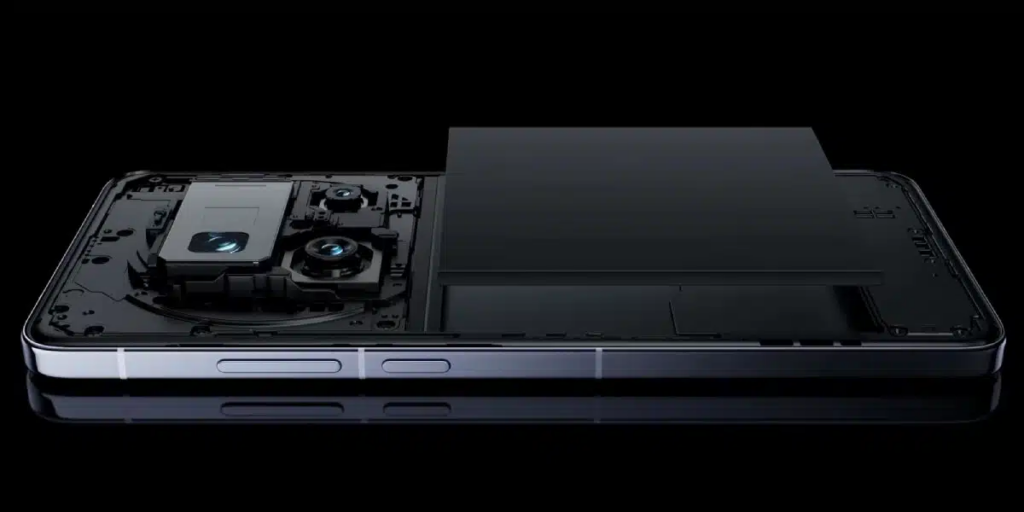
Under pressure from Chinese smartphone makers to adopt silicon-carbon (Si-C) battery technology, giants like Samsung and Apple may be forced to innovate to keep up with the trend.
Many Chinese brands have now equipped their devices with batteries with capacities above 6,000mAh, while flagship models like the Samsung Galaxy S24 Ultra and iPhone 16 Pro Max are still limited to 5,000mAh.
According to a report from yeux1122 on the Korean platform Naver, Samsung is actively involved in the development of silicon-carbon battery technology. However, it is still unclear when exactly this technology will be integrated into commercial devices.
As for Apple, the company seems to be taking a more cautious approach, in line with its tradition of adopting new technology after its competitors to ensure stability.
Why silicon-carbon batteries?
Silicon-carbon batteries have a higher energy density than traditional lithium-ion batteries, allowing for increased battery capacity without increasing physical size. This helps solve one of the biggest challenges in today’s high-end phones: optimizing battery life while maintaining strong performance and integrating many high-end features.
Flagship phones such as the Galaxy S24 Ultra and iPhone 16 Pro Max are equipped with many components such as powerful processing chips, advanced camera clusters, and advanced connectivity features, which limits the space for batteries. This forces engineers to balance the space to ensure that large batteries do not affect performance and heat management.
Challenges in deploying silicon-carbon battery technology
Although silicon-carbon batteries are considered the ideal solution to overcome the limitation of battery life, integrating this technology into flagship products still faces many challenges. In addition to the technical barriers to incorporating larger batteries into thin and light designs, the cost of manufacturing and developing this new technology is not small.
In addition, although software and hardware optimizations have improved battery life, the limitations of traditional lithium-ion battery technology are becoming increasingly apparent. Switching to silicon-carbon batteries may be a necessary step forward to improve the user experience.
However, whether Samsung and Apple are ready to incorporate this technology into new product lines in the near future is still an unanswered question. Users are looking forward to strong innovation to meet the needs of long-term use without sacrificing performance or design.
